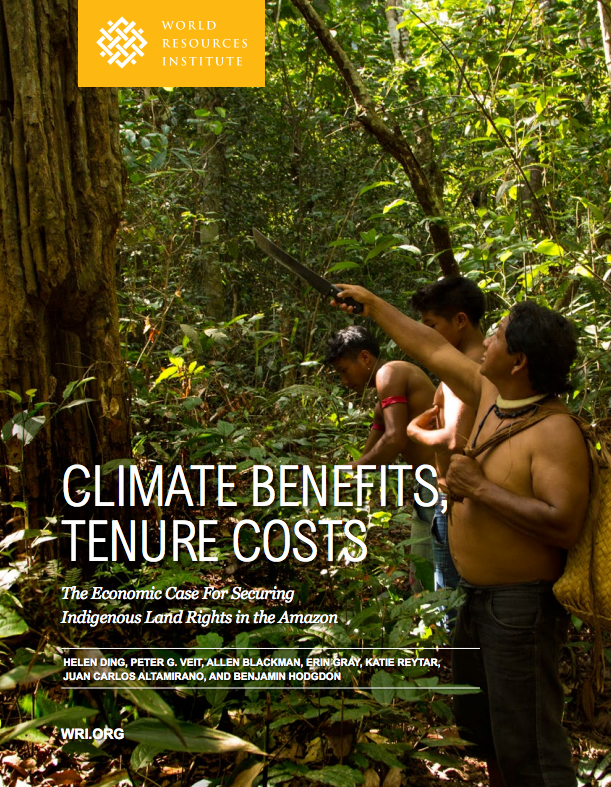Regulation on land allocation for renewable energy sources.
This Regulation aims at efficient use of renewable energy sources (i) by allocation of public and private lands to investors for large scale renewable energy sources, (ii) by producing high technology equipment used in electricity generation from renewable energy sources, and (iii) by contributing to the procurement of technology transfer.



